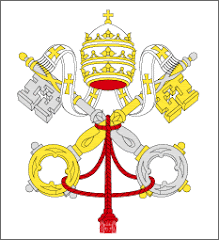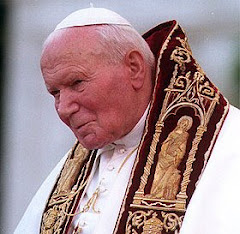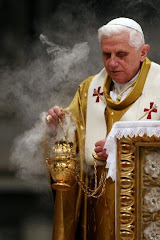
“For the life of the flesh is in the blood,” (Leviticus 17:11). This verse is sandwiched between a prohibition of blood consumption with very heavy consequences for those that would defy it. “If any man of the house of Israel or of the strangers that sojourn among them eats any blood, I will set my face against that person who eats blood, and will cut him off from among his people.” Thankfully this prohibition was lifted under the new covenant, but what was its meaning anyway? Was this purely a matter of sanitation, or does it, like many other examples in the Old Testament, have typological value?
To answer the above, it should be read in a fuller context:
“For the life of the flesh is in the blood; and I have given it for you upon the altar to make atonement for your souls; for it is the blood that makes atonement, by reason of the life…For the life of every creature is the blood of it; therefore I have said to the people of Israel, You shall not eat the blood of any creature, for the life of every creature is its blood; whoever eats it shall be cut off,” (Leviticus 17:11-14).
The image of Calvary is inescapable. The image of the Eucharistic liturgy is equally inescapable for those of us who have entered into it. While reading it, one might make the mistake that the Father is actually talking about the sacrificial nature of Jesus’ own bloodletting for the atonement of sin. Fortunately this is no mistake. Our Father is one who keeps His Word, so to speak. He did not lie when He taught us that the life of the flesh is in the blood. Such a reality is true throughout the ages, even into ours. This fact makes Eucharistic communion all the more weighty.
Consider what Jesus said to us about His desire for our lives: “I came that they may have life and have it abundantly. I am the good shepherd. The good shepherd lays down his life for his sheep,” (John 10:10). Notice the connection between His giving of abundant life and the laying down of His own life. Life in abundance for us is dependent upon the sacrifice of His body, His flesh and blood. We know how He gave it, but how do we receive it in its fullness? I say ‘fullness’ here because there are those that would completely spiritualize the gifts of God as though God did not become incarnate, did not eat, did not suffer bodily torment. If he is willing to undergo corporeal and material sacrifice, why would anyone immediately assume that His promise of abundant life is completely relegated to the purely spiritual? It simply doesn’t follow, yet the question remains: If we assume that there is a corporeal dimension to His sharing of life, what form does it take, and how do we receive it?
My next post will attempt to answer the questions above.



















No comments:
Post a Comment